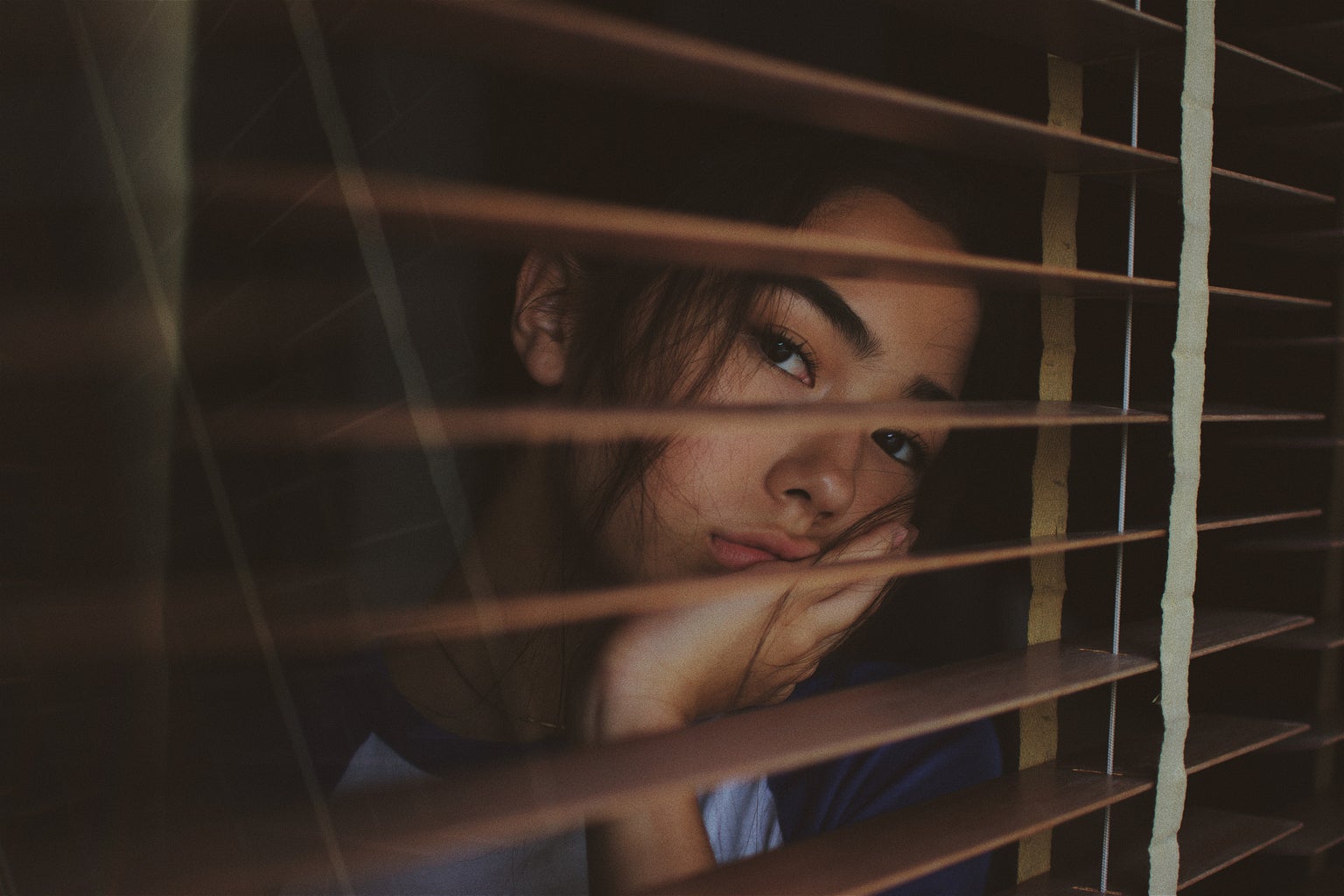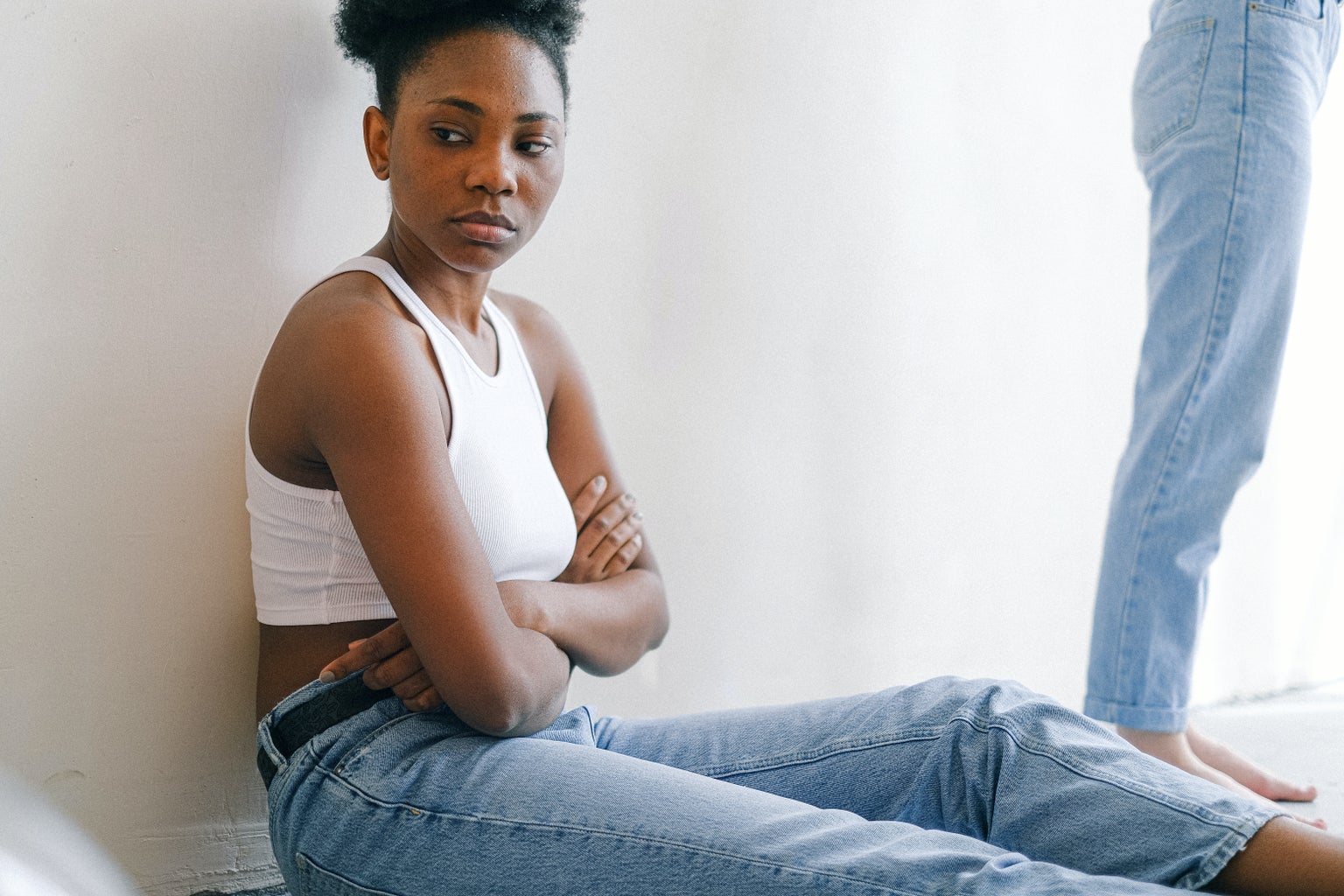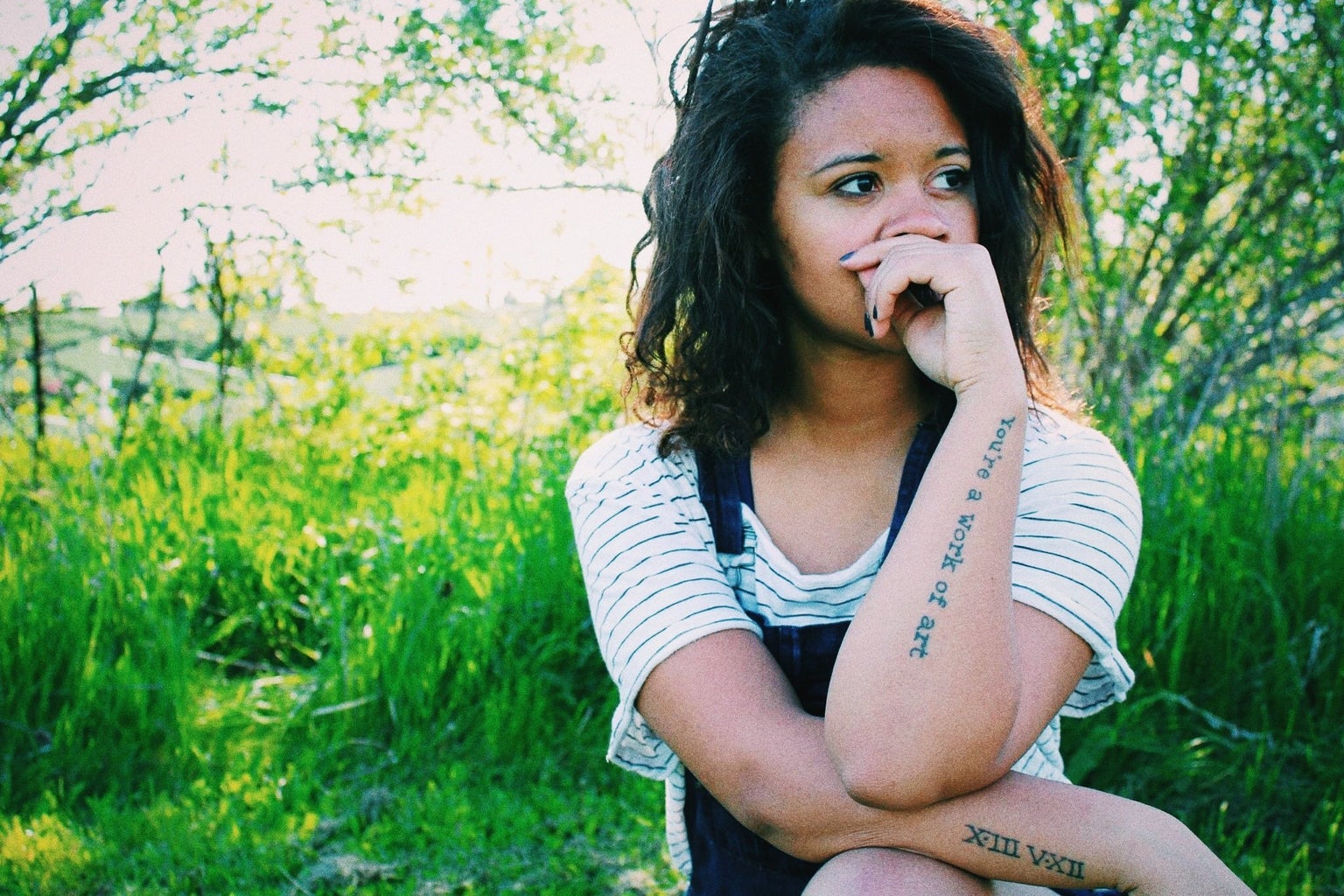If there’s one thing I’ve learned in my 22 years of life, it’s that breakups suck. Whether you’ve been with someone for three months or three years, the pain of losing a significant other is like nothing else. What no one ever tells you, though, is that friendship breakups suck just as much. Having a falling out with a friend — or multiple friends — can be just as painful as losing a significant other, if not more painful.
For me, the cherry on top of a disastrous 2020 was falling out with the people I had come to consider my family. However, as hard as it was to lose my best friends, I learned a few important things in the process. Here’s how I survived falling out with my friend group, and how you can, too.
- Acknowledge the hurt
-
Like any breakup, losing your friends is going to hurt. If you’re like me, your friends are the people you sit with while completing your mountain of homework; they’re the people you go out with on the weekends. They’re the people you go to when you’re sad, or stressed, or uncertain, always offering you a shoulder to cry on. When you fall out with your friend group, you are immediately cut off from these moments and forced to consider them in the past tense, understanding that you may never have the same relationship with these people again.
For me, this knowledge was a hard pill to swallow. Knowing that I would never again be able to grab dinner with these people, or head to the movies with them, or laugh over some ridiculous meme with them, was extraordinarily difficult. I was embarrassed to be crying so much, eating lots of junk food and getting out of bed only when absolutely necessary. I felt ashamed to be treating losing my friends as though I had lost a significant other — as though I was weak for being sad, or as though I was overreacting. At the time, I did not understand that losing friends can be equally as awful as losing a significant other, and that both events can unleash in you an unparalleled sense of grief. I was grieving the loss of my friends and I did not know it.
I was only able to begin moving on when I acknowledged how hurt I was. Who is to blame in friendship breakups does not matter, because losing them will hurt all the same. So, feel the hurt. Lay in bed and cry, eat lots of ice cream and watch sad movies. Feel sorry for yourself, because this is a big loss. Be angry at your friends and be angry that you’ve lost them. Once you accept that you are experiencing loss, it becomes much easier to search for ways to heal yourself.
- Understand that losing friends is COMMON
-
When I made the decision to stop being friends with the people I cared for the most, I convinced myself that no one had ever felt the pain I was experiencing. However, when I really thought about it, I realized losing friends is actually pretty common.
“Breaking up with a significant other is talked about way more often than breaking up with friends,” says Stephanie Simpson, a certified professional coach, educator, and speaker. “Yet the reasons for moving on are very similar. Not all relationships are supposed to be forever — and that’s ok!” she tells Her Campus. “We grow as people, and when we grow, sometimes we outgrow relationships, including friendships.”
In grade school, I gained and lost friends. As I’ve grown older, my circle has grown smaller. I’ve noticed this in other people as well: as we age, we begin to focus less on popularity and having friends for the sake of having them, and more on celebrating our few close friends. If your friends are not bringing joy into your life, you may have to accept that they are not the friends for you, and that’s okay.
Simpson agrees. She tells Her Campus, “[Over time], we get more clarity on our values, how we want to spend our time, and how to create healthy boundaries. When we get that clarity, we realize that means releasing those that are no longer aligned with us.”
Losing your friends does not mean there’s something wrong with you, or that you’re too difficult or unlikable. Having a falling out with a friend might simply mean that you have outgrown each other, or that you’ve decided you’d rather put your energy into people that make you feel good. These feelings are very common and very understandable.
- Reflect on your relationship with your former friends
-
Celina Timmerman / Her Campus As much as friend breakups can hurt, it’s important to remind yourself of why your friendships ended. I fell out with my friend group months ago, but I still have to remind myself every single day that I made the right decision to distance myself from them. Ultimately, my mental health was suffering, and after the falling out, my general mood and mental health actually increased exponentially. While I grieved the loss, I eventually felt better over time.
“Have gratitude for what your relationships taught you,” Simpson tells Her Campus. “You can still have love for people and appreciate the time you spent together, and still know it’s time to move on.”
Nowadays, if I feel nostalgic when I think about the good times I had with my old friends, I tell myself that the moments of happiness I experienced with them do not outweigh the damage they did to my mental health. It is not selfish to put yourself first!
If you feel as though you did something in poor judgment that contributed to you falling out with your friend group, it may take a long time and a lot of self-reflection before you are able to forgive yourself. Try to remember that you are human and that some friendships just aren’t meant to be.
If you feel like you made a mistake, consider making a list of all of the ways you are a good friend, and remember that mistakes don’t define you. You can also try to shift from blaming yourself to acknowledging this loss as a lesson learned: what did you do wrong, and how can you prevent this in the future? We are always growing and learning; you, too, can improve the way you interact with friends and forgive yourself for past transgressions.
- Find ways to distract yourself
-
Like any breakup with a significant other, it can help to fill up your time with something in order to take your mind off of the loss. Look for activities that require a lot of focus, like drawing, painting, doing crosswords or word searches, or even a sport. For example, I’ve taught myself piano, played chess, and read some books to distract myself.
“Check in with your body and listen to what it tells you,” Simpson tells Her Campus, and recommends that if you’re experiencing a friend breakup, to engage in activities you enjoy and pay attention to how you’re feeling. “Breathe. Take naps. Have a solo dance party. Laugh at a TV show. Cry while reading a book,” she says. “Follow what your heart tells you.”
It’s also worthwhile to spend time with friends and family that make you feel good and can distract you from the loss of your friends. For me, this came in the form of watching lots of movies with my roommates, going on hikes with some other friends and talking to my family more. While none of these activities entirely mitigate the pain, they do help.
- Know that it does get better
-
As cliche as it sounds, your grief will pass. While you may still be sad over falling out with your friend group, you will eventually come to a point where you are able to accept the past happy memories with your friends as just that — past happy memories. You will eventually be able to acknowledge that they were once your friends and that losing them was sad, but that it was necessary in order for you to grow and find the people and activities that bring you joy.
“Remember that we are never meant to stay the same,” says Simpson, who helps clients in her coaching practice to overcome difficult roadblocks. “We need to shed layers and identities and all that comes with those in order to continue stepping into our full and bright selves.”
As sad as losing my friend group was, I have grown much closer to my roommates and other friends because of it; I have prioritized my mental health and now I wake up every morning excited to get on with my day. While I wish I did not have to lose my friends in order to become happier, I remind myself every day that I am now surrounded by people who truly care for me and my well-being. In every loss, no matter how big, there is a silver lining you can hold onto.
Losing the people I thought would be in my life forever is perhaps one of the most difficult things I’ve ever experienced. I’ve been sad and angry, I’ve cried myself to sleep and I’ve blamed myself for the loss. As time went on, however, I came to accept the hurt and the pain that comes with losing your friends, and I recognize now that I am much better off.
“Remember that grieving and healing are not linear,” Simpson tells Her Campus. “Be compassionate with yourself throughout the process, especially in the moments where the grief comes out of nowhere and you thought you had moved on.”
My grief, like yours, is real and it is valid — but, luckily, it won’t last forever. Six months ago, I was in the throes of heartbreak over losing my friends, but I survived. You will, too.
Experts
Stephanie Simpson, MA, MFA, CPC







